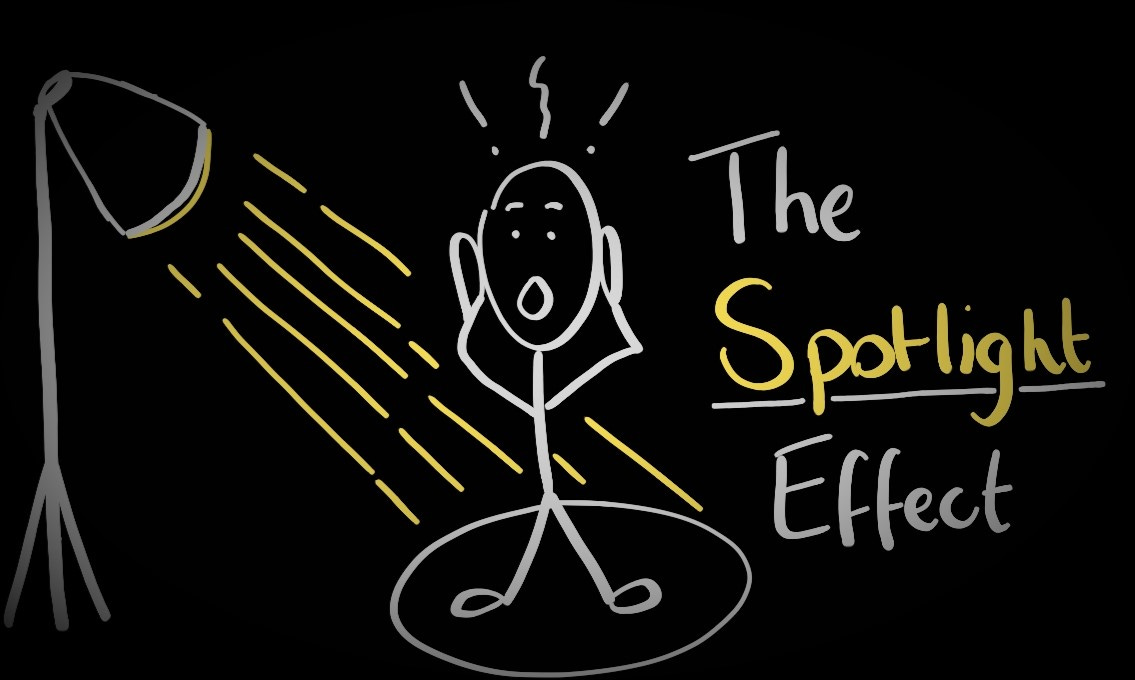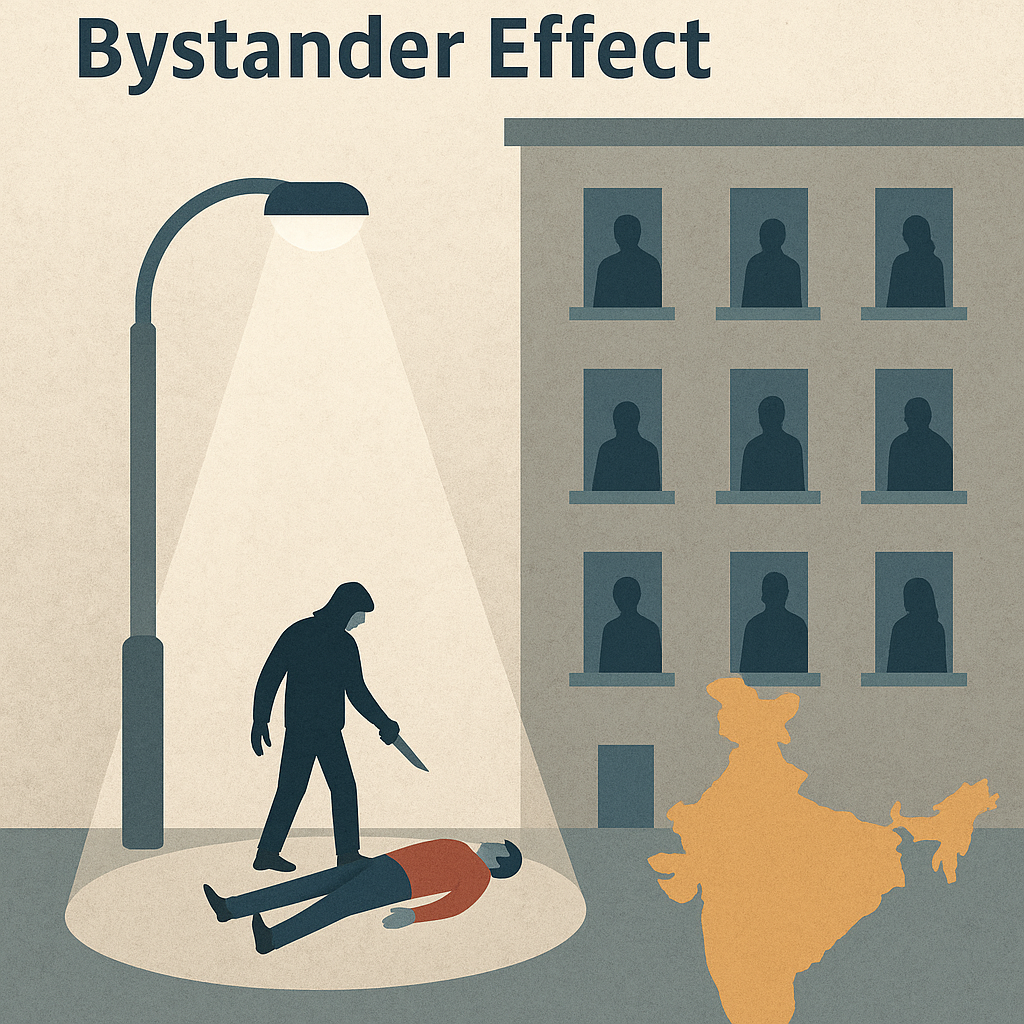What Are Coping Mechanisms?
Ever wonder how some people stay calm in chaos while others feel completely lost? The answer often lies in something simple but powerful: coping mechanisms. These are habits or actions we use—sometimes without thinking—to deal with emotional stress. From journaling to talking to a friend, coping helps us stay balanced when life feels too heavy. The better we understand our own ways of coping, the stronger we become in facing life’s challenges head-on.
The Need for Coping
Life throws challenges at everyone. Whether it's stress from work, a tough breakup, or dealing with an illness, these moments test our emotional strength. Coping becomes necessary when we feel overwhelmed or stuck. It helps us manage not just our problems but also the emotions that come with them.
Think about someone facing job stress. Deadlines are tight, the boss is demanding, and work keeps piling up. Without a way to cope, this person may burn out or feel helpless. But with healthy coping strategies like setting boundaries, taking short breaks, or talking to someone, they can handle the pressure more calmly.
Relationship problems are another common challenge. Arguments, misunderstandings, or even breakups can leave a person emotionally drained. Coping might mean spending time with loved ones, focusing on self-care, or expressing feelings through art or writing.
Health issues also bring stress. When someone is diagnosed with a serious condition, it can shake their entire world. Coping helps them stay hopeful, follow treatment, and face each day with courage.
Everyone faces these struggles at some point. The difference lies in how we respond. Coping is not about avoiding problems. It's about finding strength to move through them in a healthy way.

Types of Coping Mechanisms
Coping mechanisms come in many forms, but they generally fall into two main categories: adaptive and maladaptive. Adaptive coping helps us manage stress in healthy and productive ways. Maladaptive coping might bring short-term relief but can cause harm in the long run.
Healthy coping includes things like exercising, talking to someone you trust, practicing mindfulness, or setting small goals. These strategies support emotional balance and help you deal with problems without making them worse.
Unhealthy coping, on the other hand, often includes avoidance, substance use, or pretending the problem doesn’t exist. For example, someone overwhelmed by work might start drinking more instead of asking for help or taking a break. This might feel good temporarily, but it avoids the real issue.
There’s also a gray area. Even healthy strategies can become harmful if they’re overused or used to escape reality. For instance, spending time alone can be healing, but isolating yourself from everyone for too long might lead to loneliness and depression.
The key is to find a balance and stay aware of how your coping strategies affect you. Not all coping is bad, but not all of it is helpful either. It’s about knowing what truly helps you grow and heal.
Practical Coping Strategies You Can Try Today
When life feels overwhelming, simple daily practices can make a big difference. Here are some easy and effective coping strategies you can start using right away.
- Mindfulness and Meditation help bring your attention to the present moment. Even five minutes of deep breathing or quiet reflection can calm your mind and reduce stress.
- Exercise is a powerful stress reliever. A quick walk, some stretching, or dancing to your favorite music boosts your mood and helps release built-up tension.
- Creative expression is another great outlet. Drawing, journaling, cooking, or playing music allows you to process emotions.
- Social support matters too. Talking to a friend, family member, or therapist can lighten emotional weight and remind you that you're not alone.
- Don’t overlook rest and recharging. Sleep, quiet time, or simply doing nothing for a while gives your body and mind a chance to recover.
- Practice self-compassion by being gentle with yourself. Speak to yourself like you would to a friend going through a hard time.
- Lastly, build simple routines. Drinking water, setting small goals, or having a consistent morning ritual can create stability when everything else feels out of control.
Resilience is the ability to bounce back from tough times and keep going, even when life feels heavy. While it might seem like some people are just naturally strong, resilience is something anyone can build with time and effort. Developing healthy coping strategies is the first step toward becoming more resilient.
When you practice healthy habits like mindfulness, exercise, and asking for support, you train your mind and body to handle stress better. Over time, these strategies become second nature, helping you face future challenges with more calm and confidence.
Think of resilience like a muscle. The more you work it, the stronger it gets. Facing small stresses and learning to manage them helps prepare you for bigger ones. Instead of feeling overwhelmed, you’ll know how to ground yourself and take action.
To build resilience, start by being consistent. Stick to simple routines, check in with your emotions, and reflect on what helps you most. Learn from your past struggles and celebrate your progress. Most importantly, be patient with yourself.
Resilience doesn’t mean you won’t feel pain or stress. It means you’ve built the strength to move through it and come out stronger on the other side.
Coping Mechanism Myths Debunked
Many people hold false beliefs about coping that can actually make stress harder to manage. Here are five common myths debunked:
- Avoiding problems is a good coping strategy – While it may offer short-term relief, avoiding problems usually makes them grow. Facing challenges, even gradually, leads to better outcomes.
- People who exercise or meditate are always stress-free – These are helpful tools, but no one is immune to stress. Healthy habits support you, but they don’t eliminate life’s difficulties.
- Crying or showing emotion is a sign of weakness – Expressing emotions is a natural and healthy part of coping. Bottling them up can lead to greater stress over time.
- Asking for help means you’re not strong enough – Reaching out to friends, family, or a therapist shows courage and self-awareness, not weakness.
- There’s one right way to cope – Everyone is different. What works for one person may not work for another. The key is to find strategies that feel right for you and help you move forward.
The Real Struggles of Life at Sea
Life at sea may seem adventurous from the outside, but for seafarers, it often comes with real emotional and physical challenges. One of the biggest struggles is isolation and loneliness. Being away from family for months and having limited social interaction can lead to feelings of disconnection and sadness. The absence of emotional support makes it harder to cope with daily stress.
Workload stress is another major issue. Long shifts, demanding responsibilities, and the constant pressure to ensure safety and performance can leave seafarers mentally drained. Mistakes aren’t an option, which adds to the mental burden.
Then there’s physical and mental fatigue. Harsh weather, irregular sleep, and heavy manual work wear down both the body and mind. Over time, this can impact focus, mood, and even long-term health.
Even during port visits, the stress doesn’t ease. Short, rushed breaks and rapid shifts in environment don’t allow enough time to truly relax or recharge.
Being aware of these struggles is the first step to coping. When seafarers recognize what they’re going through, they can take action—whether it's reaching out, resting when possible, or using healthy coping tools. Awareness makes space for change, growth, and strength.
When to Seek Professional Help
Coping mechanisms are helpful, but sometimes they’re not enough. If stress, anxiety, or sadness starts to affect your daily life, relationships, or ability to function, it may be time to seek professional help. Warning signs include constant fatigue, trouble sleeping, feeling hopeless, withdrawing from others, or relying on unhealthy habits like alcohol or overeating to cope.
It’s important to know that asking for help isn’t a sign of weakness. In fact, it’s a strong and responsible step toward healing. Therapists, counselors, and mental health professionals are trained to guide you through difficult times and offer tools that go beyond everyday coping.
Everyone struggles at times. Knowing when to reach out can make all the difference. If your usual strategies aren’t working, don’t wait. Support is available, and you don’t have to face things alone.
Conclusion:
Life will always bring challenges, but the way you respond can make all the difference. By understanding and choosing healthy coping tools, you give yourself the power to face stress with clarity and strength. Whether it’s talking to someone, practicing mindfulness, or simply taking a break, the right strategy helps you stay grounded. Not every tool works for everyone, and that’s okay. What matters is finding what helps you feel balanced, supported, and ready to move forward—one step at a time.




